What are the objectives of higher education in Vietnam? What levels of training does higher education provide?
What are the objectives of higher education in Vietnam?
According to the provisions of Article 39 of the Law on Education 2019, the objectives of higher education are as follows:
- Training high-level human resources, enhancing people’s intellectual standards, fostering talents; conducting scientific and technological research to create new knowledge and products to serve the needs of economic-social development, ensuring national defense, security, and international integration.
- Training learners to develop comprehensively in virtue, intellect, physique, and aesthetics; possessing knowledge, skills, and professional responsibilities; capable of grasping scientific and technological advances suitable to the training level, having self-learning ability, creativity, and adaptability to the working environment; having an entrepreneurial spirit and a sense of service to the People.

What are the objectives of higher education in Vietnam? What levels of training does higher education provide? (Image from the Internet)
What levels of training does higher education provide in Vietnam?
Based on Clause 1, Article 6 of the Law on Higher Education 2012 as amended by Clause 3, Article 1 of the Amendment to the Law on Higher Education 2018, it is stipulated as follows:
Training levels and forms of higher education
1. The training levels of higher education include undergraduate, master's, and doctoral levels.
- The forms of training for awarding degrees in higher education include full-time, part-time, and distance learning. The conversion between forms of training is carried out according to the principles of continuity.
- Higher education institutions are allowed to organize continuous education activities, provide short-term training services to issue certificates in accordance with the fields and sectors of training of each institution as prescribed by law to meet the lifelong learning needs of learners.
- The Government of Vietnam stipulates the training levels for some specialized training sectors.
Thus, higher education provides the following levels:
- Undergraduate level;
- Master's level;
- Doctoral level.
What policies does the State have for the development of higher education in Vietnam?
According to the provisions of Article 12 of the Law on Higher Education 2012 as amended by Clause 7, Article 1 of the Amendment to the Law on Higher Education 2018, the State’s policies on developing higher education are as follows:
- Developing higher education to train high-level human resources to meet the requirements of economic-social development, ensuring national defense, and security of the country.
- Allocating budget and resources for higher education based on principles of competition, equality, and efficiency through investment expenditure, research and development expenditure, research and training orders, scholarships, student loans, and other forms.
- Prioritizing and favoring land, tax, credit, and other policies to develop higher education.
- Prioritizing investment in developing some higher education institutions, training sectors of regional and international caliber, and high-quality teacher training institutions; developing some specialized sectors and higher education institutions capable of implementing national strategic tasks and regional development tasks of the country.
- Encouraging the process of arranging and merging universities into large universities; applying technology in higher education.
- Implementing private investment in higher education, encouraging the development of private higher education institutions; prioritizing non-profit private higher education institutions;
- Providing preferential policies for organizations, enterprises, and individuals investing in educational and training activities, science, and technology at higher education institutions; having tax exemption and reduction policies for donated assets, support for higher education, scholarships, and participation in student loan programs.
- Implementing coherent policies to ensure the autonomy of higher education institutions associated with accountability.
- Connecting training with labor market demands, scientific and technological research, and application; promoting cooperation between higher education institutions and enterprises, scientific and technological organizations; having preferential tax policies for scientific and technological products of higher education institutions;
- Encouraging agencies, organizations, enterprises to receive and create conditions for learners and lecturers to practice, intern, conduct scientific research, and transfer technology, contributing to improving training quality.
- Attracting, utilizing, and appropriately rewarding to enhance the quality of lecturers; focusing on developing a team of lecturers with doctoral degrees and leading professors at higher education institutions.
- Prioritizing social policy beneficiaries, ethnic minorities, people in areas with especially difficult socio-economic conditions, learners in specific industries meeting human resource needs for economic-social development; implementing gender equality in higher education.
- Encouraging and promoting international cooperation and integration to develop Vietnamese higher education on par with the region and the world.
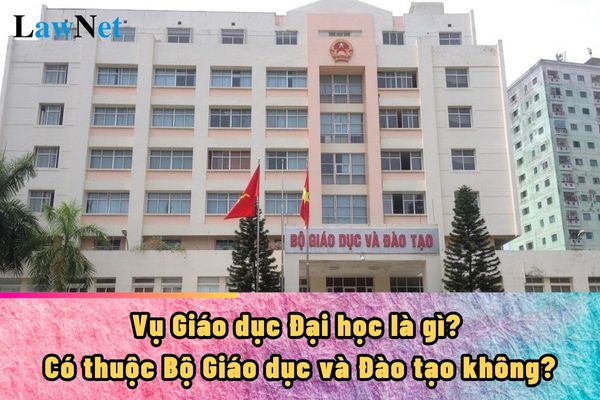
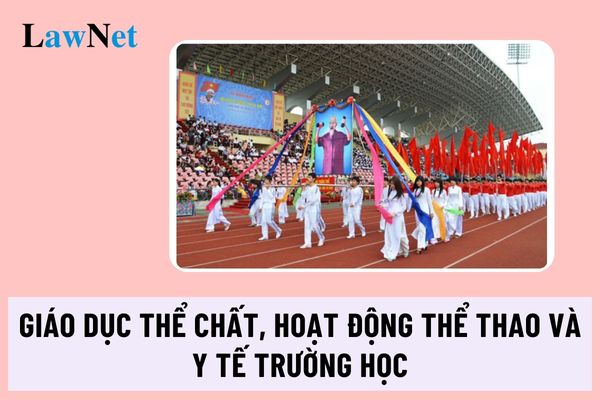
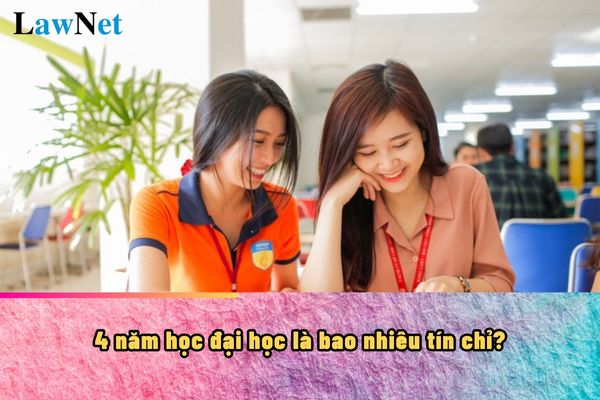
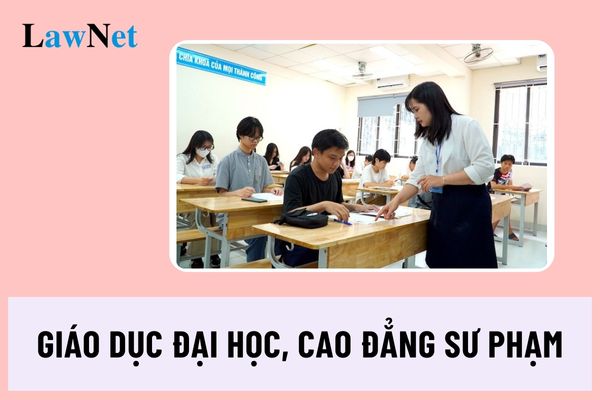
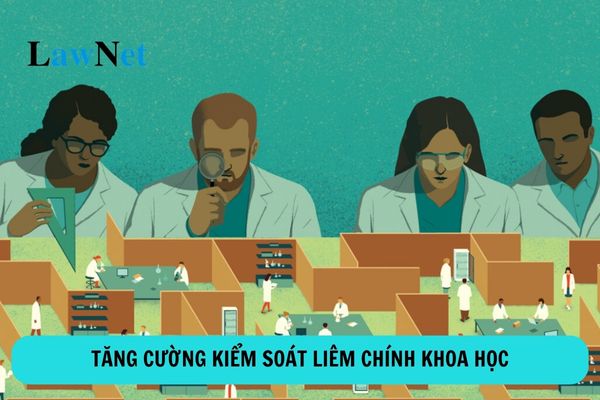
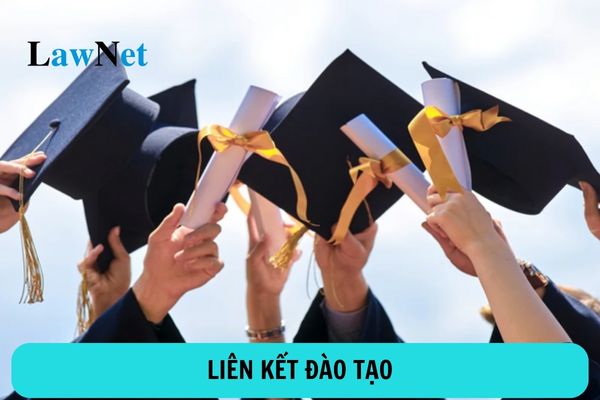
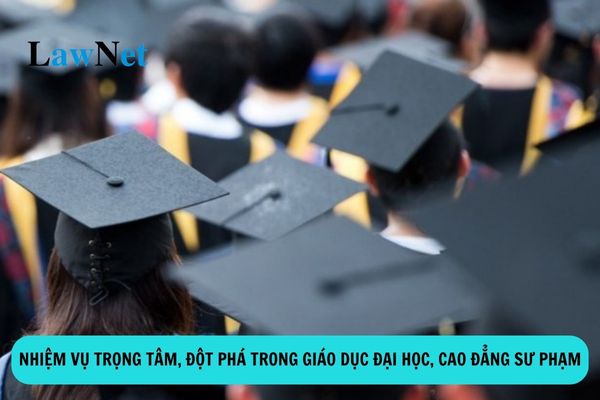
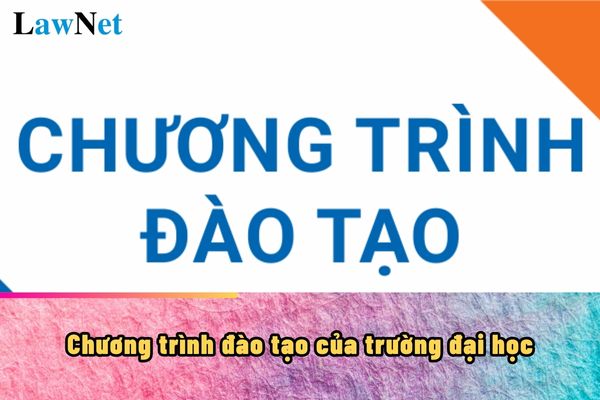
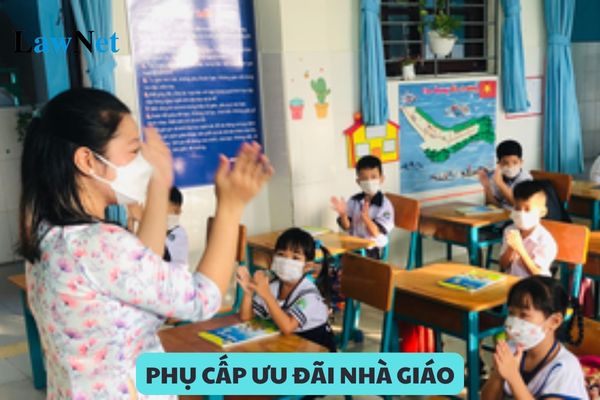

- Vietnam: What is the sample outline of an essay on the analysis of expressions of national spirit in the Poem "Việt Bắc" for 12th-grade students? What patriotic qualities are required for 12th-grade students?
- Vietnam: What are your thoughts on the Poem "Tiếng ru" by To Huu? How many lessons are there in the 12th-grade Literature curriculum per year?
- What are the sample essays describing your grandfather for 5th-grade students in Vietnam? What are the assessment criteria for 5th-grade students in 2024?
- Vietnam: What are the sample social argumentative essays on social media etiquette for 10th-grade students? What Vietnamese knowledge do 10th-grade students learn?
- Vietnam: Why is the French Bourgeois Revolution considered the most thorough one? What learning outcomes are required for 11th-grade students after studying the bourgeois revolution?
- Vietnam: What is the atmosphere? What is the grade at which students are required to master the knowledge of the atmosphere in the History and Geography curriculum?
- Vietnam: Why does the phenomenon of day and night alternation occur on Earth? What is the grade at which students learn about the phenomenon of day and night alternation on Earth?
- What is the newest report template on distance education at the higher education level in Vietnam?
- Vietnam: What are the shortest sample expositions on Ba Den Mountain for 9th-grade students? What learning outcomes are required for the writing process in the 9th-grade Literature curriculum?
- In Vietnam, what does local time mean? What is the grade at which local time is taught in the History and Geography curriculum?

